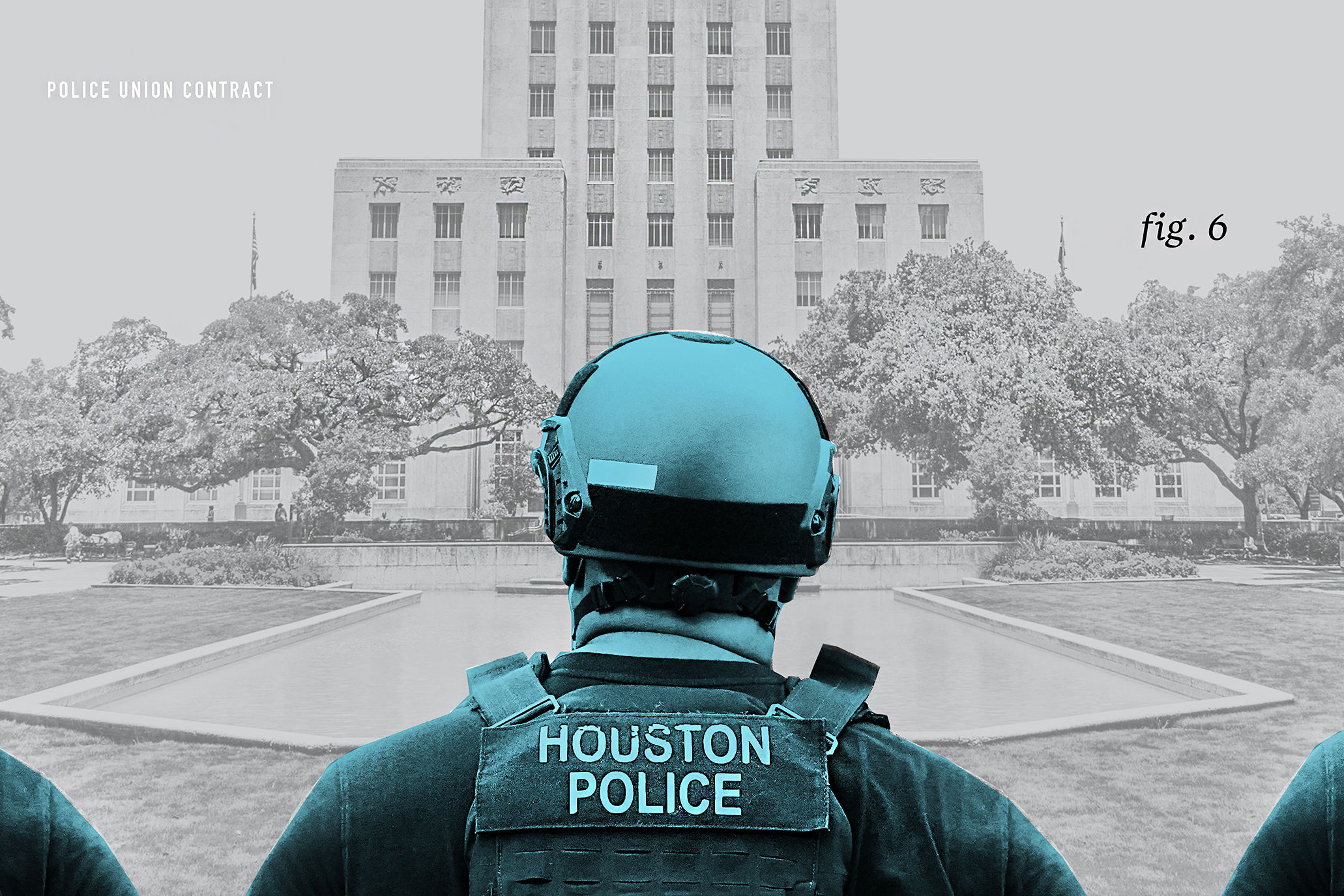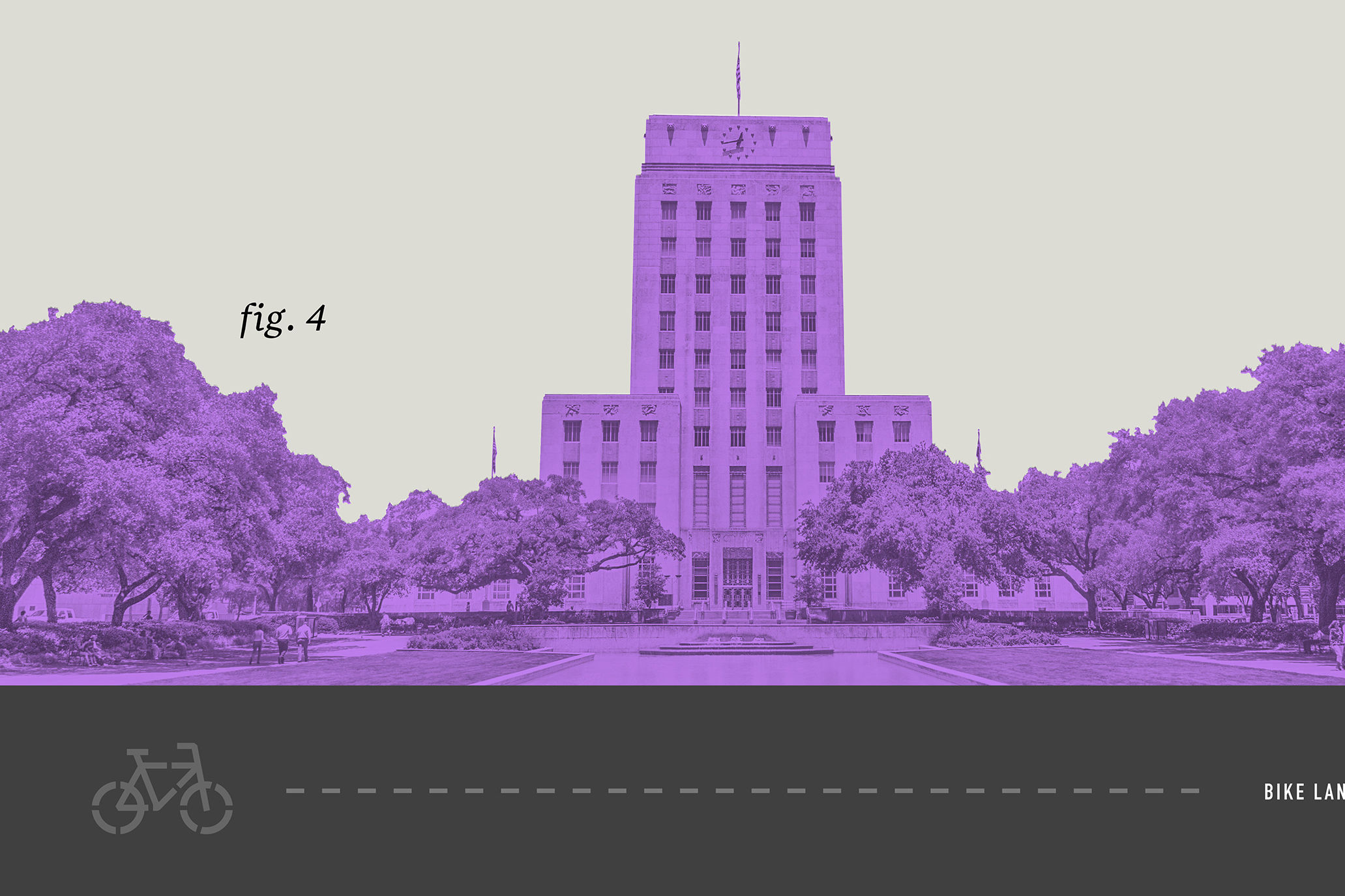What You Missed at Houston City Council This Month, July 2025

Emily Hynds has been independently covering Houston City Council meetings since June 2020. In her monthly Houstonia column, she shares all the latest intel about what’s happening at city hall. Want to check the meetings out for yourself? Read this companion guide.
In this month’s dispatch: a legislative update, major infrastructure spending, evening public comment sessions, discriminatory dress codes, and criminalizing homelessness(?)
A legislative flex
On June 25, Intergovernmental Relations (IGR) team members Josh Sanders and Alexa Aragonez presented on this year’s legislative session. Mayor John Whitmire noted that their team has shrunk considerably, from 17 members during the last session to six. Whitmire implied the previous team was bloated because former mayor Sylvester Turner employed his friends and doled out political appointments. Sanders, pointedly refusing to stay humble, described Houston’s legislative system as “so completely flawless, it is the envy of every other municipality.”
Sanders and Aragonez went over successful bills, including a film incentive program and a mental health bill that will make it easier for the city to involuntarily commit individuals in crisis. The city also successfully lobbied for the downfall of Senate Bill 1065, which Sanders described as a “guns in public places bill.” He explained that SB1065 would have prevented private contractors from banning firearms inside venues, like the Houston Rodeo and major events at the George R. Brown Convention Center.
Several councilmembers claimed the most recent legislative session was successful because state legislators are now happier with Houston. See a rundown of a wider selection of bills and budgetary appropriations here.
Big money moves
The Capital Improvement Plan (CIP) is a rolling, $16.7 billion, five-year outline of infrastructure projects funded by multiple sources, like specialized funds in the city budget, TIRZ money, and partnerships with the state and federal government. Similar to the general budget process, several councilmembers proposed amendments, but most of them withdrew. Mayor Whitmire and many councilmembers criticized the CIP process. The mayor called it “essentially a wish list” and blamed past administrations for creating the current system. Councilmembers Amy Peck and Sallie Alcorn both advocated for using the Dedicated Drainage and Street Renewal Fund (DDSRF) for CIP projects and pushed back when told that this just isn’t possible. “I’m not convinced,” Alcorn declared.
It’s tempting to tune out when the DDSRF comes up in conversations, but I recommend perking up your ears when it’s mentioned: Not only does it play a major role in reducing flooding, but it’s also involved in a lot of entertaining drama.
Night mic
Meetings for public comments have historically been held on Tuesdays at 2pm. On July 9, councilmembers voted to move the last public comment session of each month to 6pm instead. Councilmember Mario Castillo proposed this item using Proposition A, cosigned by councilmembers Alcorn and Peck. Castillo amended his proposal to sunset. Many councilmembers doubted the need for this and questioned whether the public even wants it, but none more than councilmember Martha Castex-Tatum. She encouraged councilmembers to make themselves available to the community in other ways, particularly at civic clubs and “positive interaction with police,” or PIP meetings. Regarding future evening public comment sessions, Castex-Tatum said, “I won’t be present.”
Civility, rewritten
Under the current civility ordinance, it is illegal to sit, lie down, or store belongings in public spaces, such as parks and sidewalks, between 11pm and 7am. Opponents are concerned that the ordinance criminalizes homelessness, a condition that is often out of a person’s control.
The civility ordinance can only be enforced in 12 zones, which were instigated by residents and approved by the council. On July 16, the council voted to make the ordinance hours 24/7 in the Downtown and Eastside management districts only (for now). On July 9 and July 16, Mayor Whitmire invited Mike Nichols, director of the Housing and Community Development Department, and Larry Satterwhite, director of Public Safety and Homeland Security (formerly of HPD), to present on the proposed update.
Whitmire, Nichols, and Satterwhite all repeatedly claimed that the ordinance does not criminalize homelessness and, instead, allows officers to encourage people to accept help. Councilmember Letitia Plummer strongly advocated for approaches that de-emphasize law enforcement, such as Mobile Crisis Outreach Teams, which are clinician-only, and Crisis Intervention Response Teams, which pair clinicians with HPD.
Plummer’s suggestions received major pushback from Satterwhite, Nichols, and Mayor Whitmire, who argued this would hamper officers who need to be able to use their discretion in the field. This is a deeply nuanced issue and, as such, deserves a deeper dive.
Dress code discrimination
On July 16, the council approved an ordinance requiring businesses with a dress code to prominently display it near the building entrance. Councilmember Edward Pollard proposed this ordinance using Proposition A, and it was cosigned by councilmembers Carolyn Evans-Shabazz and Plummer. Pollard said the item was inspired by a recent outing, when he and controller Chris Hollins, who are both Black, were denied entry to a business because Hollins was wearing Nike shoes, even though they could see other people inside also wearing tennis shoes. Pollard’s story was frustratingly vague. Where were they? What were they doing, and was there dancing involved? The people need answers.
Pollard did explain, however, that because racial and gender discrimination is illegal, dress codes can serve as a business’s loophole or cover for prejudice against patrons. Councilmember Mary Nan Huffman called the ordinance government overreach, and councilmember Fred Flickinger suggested that people should sue if they’ve been discriminated against. Pollard repeatedly (and patiently, IMO) explained how this ordinance will set clear expectations and protect people from being discriminated against by businesses based on how they dress. Flickinger and Huffman voted against the ordinance, but it still passed. Enforcement won’t be easy or even expected, but the ordinance could be helpful to those seeking recourse in cases of “dress code” discrimination.
Coming up: trash talk
Employees of the city’s solid waste department spoke at the July 8 council meeting to express concerns about their working conditions. On July 16, Mayor Whitmire invited Solid Waste’s interim director, Larrius Hassan, to deliver a candid report on the department. And, candid he was. Hassan described mismanagement, equipment failures, potential fraud, and exhausted workers. Stay tuned for more updates in next month’s City Hall column.
Houston City Council meetings take place almost every week on Tuesdays and Wednesdays at 901 Bagby Street or online via HTV.




